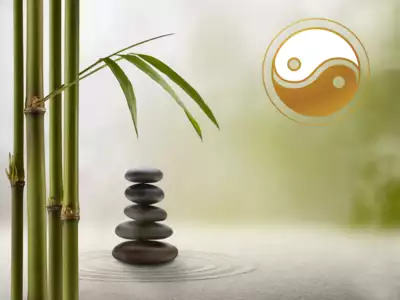
Introduction
Feng Shui, with its rich history and philosophical foundation, remains an attractive practice for those seeking harmony and balance in their environment. While its influence may be argued, its potential to inspire care and creativity in organizing our living spaces is proven.
In this blog, we investigate Feng shui services in Singapore and their standards, benefits, and criticisms.
Core Principles of Feng Shui
1. Bagua Map:
This energy map portions a space into nine regions corresponding to various aspects of life, like wealth, connections, and career.
2. Yin and Yang:
This law emphasizes the balance between conflicting yet completing forces to create harmony.
3. Five Elements:
Wood, fire, soil, metal, and water are necessary for Feng Shui, each symbolizing various qualities and contributing to an equalized space.
Incorporating Feng Shui
1. Declutter:
Remove unnecessary items to allow strength to flow freely.
2. Positioning:
Arrange furniture to face doors for better strength absorption.
3. Color Usage:
Utilize colors that reinforce specific strength areas according to the Bagua map.
The Benefits of Feng Shui
Proponents of Feng Shui assert that allure application can bring about numerous benefits, even though it is worth noting that these benefits frequently blend subjective knowledge with traditional beliefs.
1. Enhanced Well-being
Creating harmonious surroundings may upgrade emotional comfort, making individuals feel more relaxed and attracted. For instance, a clutter-free and well-organized scope can reduce stress and advance a sense of calm. You can hire a Singapore feng shui master for more help.
2. Improved Relationships
Feng Shui posits that certain configurations and materials can enhance ideas and understanding of things. Incorporating elements like rounded furniture and soft illumination can foster a more useful environment for connection.
3. Boosted Prosperity
While there is no scientific evidence straightforwardly linking Feng Shui to economic success, some experts believe that joining their space according to Feng Shui can lead to better decision-making and raise opportunities.
Criticisms and Considerations
Despite its allure and popularity, Feng Shui is not outside its sceptics. Many criticisms arise about the lack of scientific evidence advocating its influence. Additionally, some practitioners can exploit the mystique of Feng Shui for commercial gain, offering valuable yet inefficient duties or products.
Scientific Scepticism
Critics discuss that Feng Shui lacks empirical validation, frequently attributing some perceived benefits to the placebo effect or confirmation bias. In essence, people’s power sees beneficial outcomes because they expect them, alternatively due to some inherent capacity of Feng Shui.
Practical Limitations
Implementing Feng Shui can sometimes be impractical, exceptionally in small scopes or rentals where fundamental modifications are not feasible. Additionally, the rules and guidelines may be complex, potentially chief to confusion or disappointment for newcomers.
Feng Shui: To Use or Not to Use?
Ultimately, the decision to include Feng Shui in your life depends on private beliefs and occurrences. For some, the practice offers a fulfilling habit to connect with their atmosphere and enhance their status in life. For others, possibly nothing more than an entertaining cultural artwork.
Conclusion
By mixing Feng Shui principles in a way that resounds with you, your ability to discover new habits to appreciate and adapt your living atmosphere, even if only as an exercise in care and intentional living.



